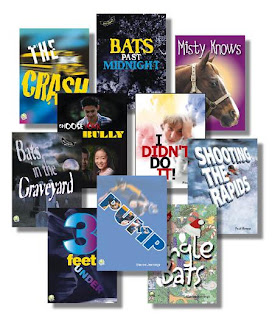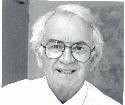
You try and try and try again to get your book published but each time you try commissioning authors relentlessly respond with a terse, painful, “NO!”.
Stop beating yourself up over rejection – you are not to blame for the fact that you have yet to savour success in getting a book published - and you are not alone.
It's getting more difficult to achieve publication with each day that passes…
The book trade is now almost totally geared towards bestsellers and celebrities.
Breaking in new published authors and placing their work in bookshops is no easy matter.
Finding a Formula for Getting Published
I took up writing on a part time basis fifteen years ago and to date have churned out 37 traditionally published books, all of which have attained bestseller status in their respective niche.
With 37 published titles under my belt, it is reasonable to assume that I might just be in possession of information contrary to the reality of rejection that many less fortunate writers experience…
What interest could this statement hold for you?
Just this: what I have achieved so too can you (perhaps even more) if you apply yourself diligently to the timeless secrets that all successful writers have used down the ages.
What are these timeless secrets?
• Discovering the Route to Capitalizing on Your Innate Expertise
• Adopting Proven Formatting Techniques that Others Writers Ignore
• Developing Your Own Distinctive Writing Style
• Waking Up to What Never Fails to Impress Commissioning Editors
• Selecting Topics that Stimulate Publisher Interest
• Being Conscious of Why Guides and Manuals are in Perpetual Demand
• Learning How to Incorporate Bestselling Potential into Your Work
• Crafting a Timeless Niche for Your Book
• Uncovering a Hidden Technique for Locating Appropriate Publishers
• Writing a Winning Book Proposal for a Work of Fiction
• Mastering the Guidelines for Submitting a Non-Fiction Book Proposal
• Diligently Preparing Your Proposal for Acceptance
• Realizing Why Multiple Submissions Always Bite the Dust
• Knowing What to Ensure Before You Sign a Contract
• Always Retaining Copyright and Other Valuable Rights
• Understanding How to Address the Author Questionnaire Correctly
• Employing the Services of a Literary Agent Where Feasible
• Placing Your Work Elsewhere While You Await Obtain a Publishing Contract
• Being Aware of How to Self Publish without Incurring Huge Costs
Embryonic authors who take the trouble to sift through the information overload that strives to stifles all of us soon harness these timeless secrets and employ them to break down the barriers.






